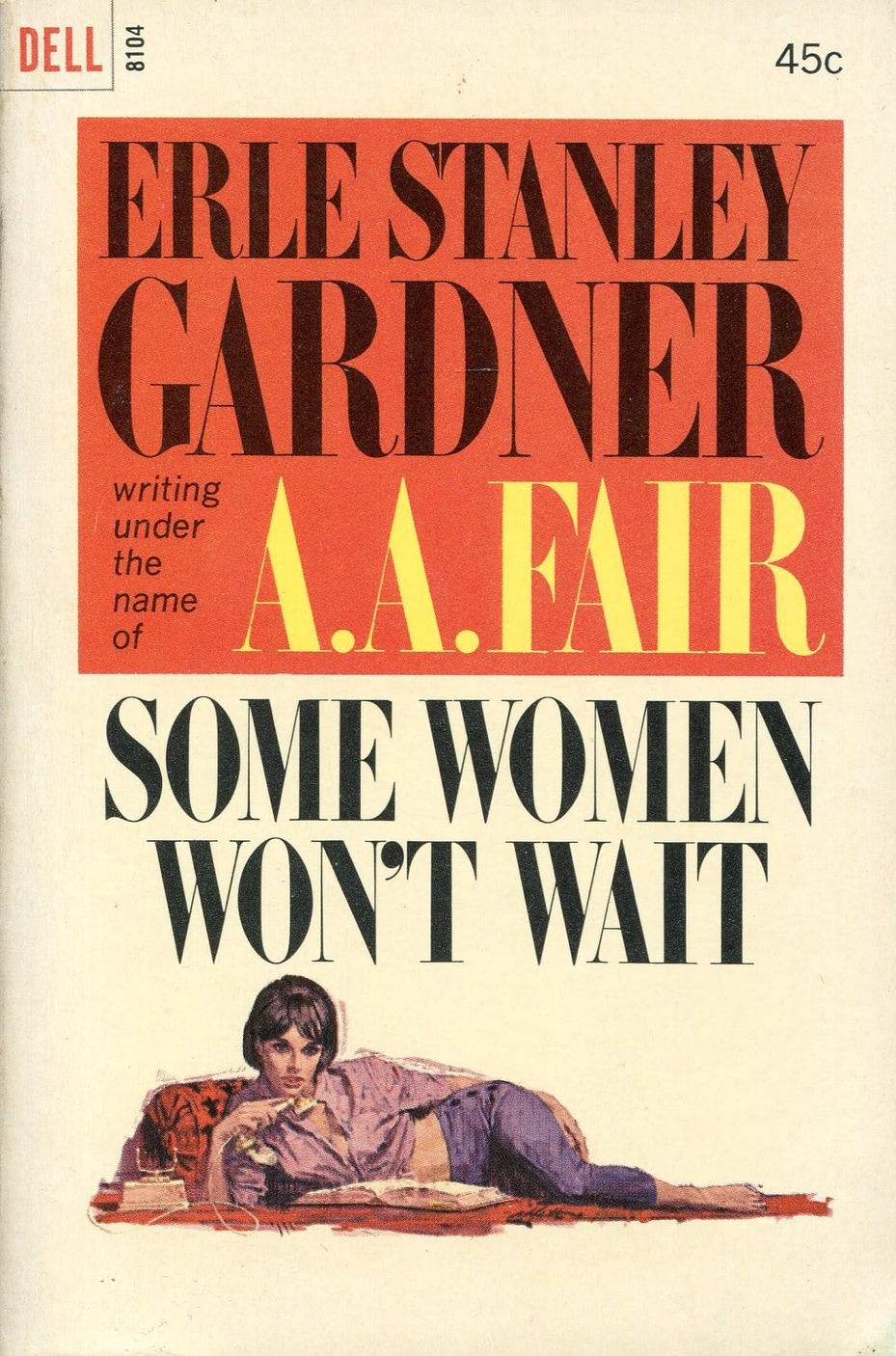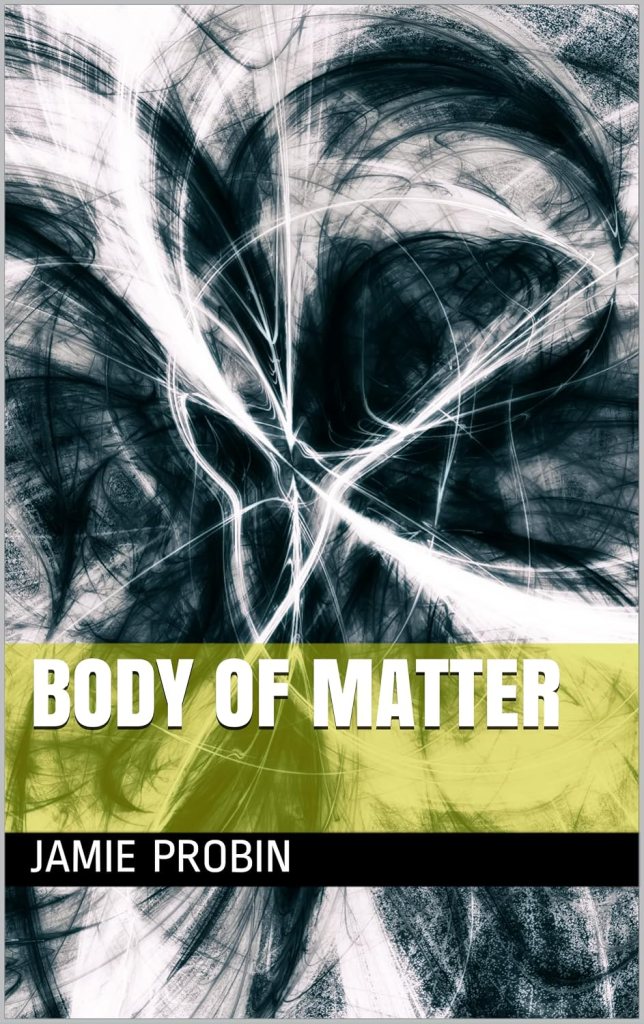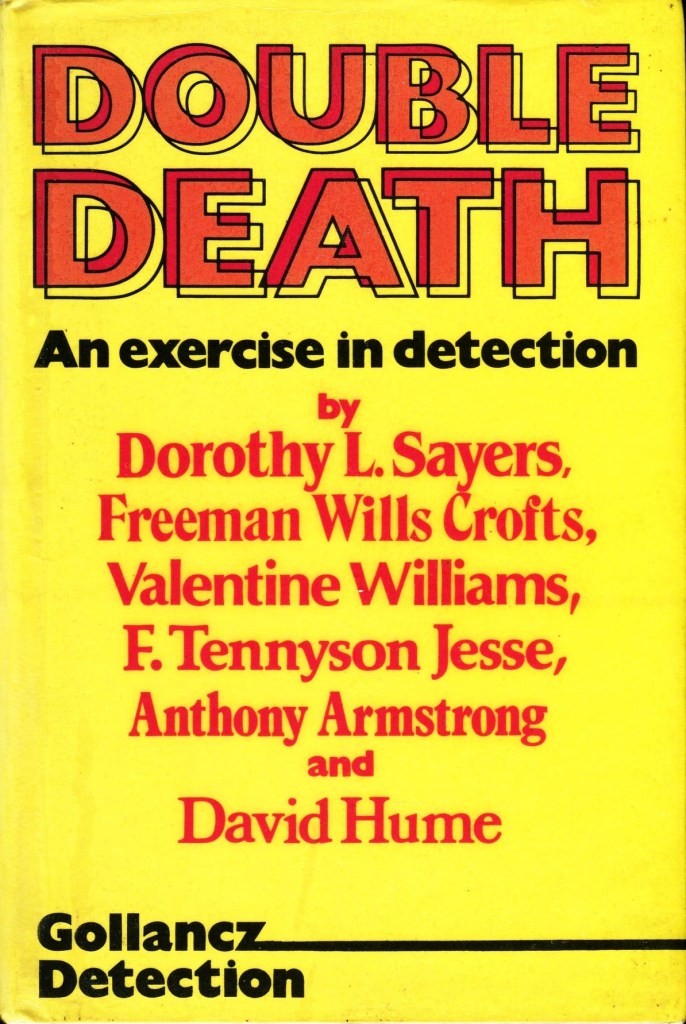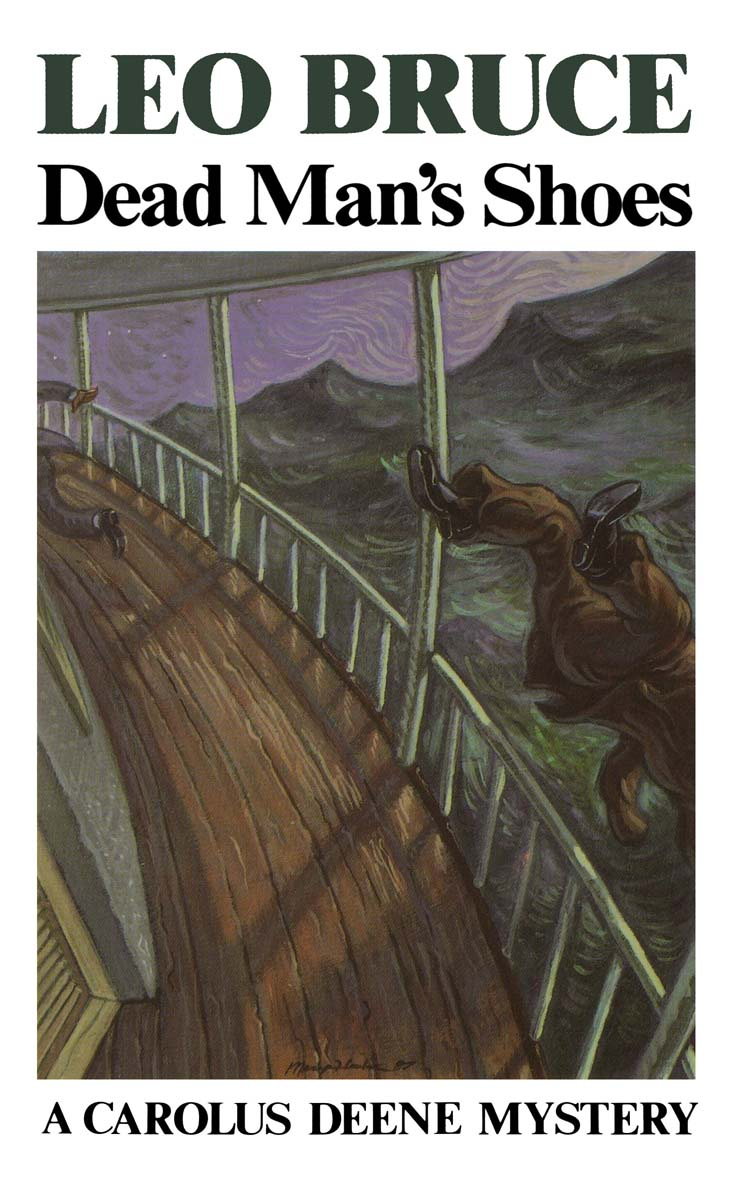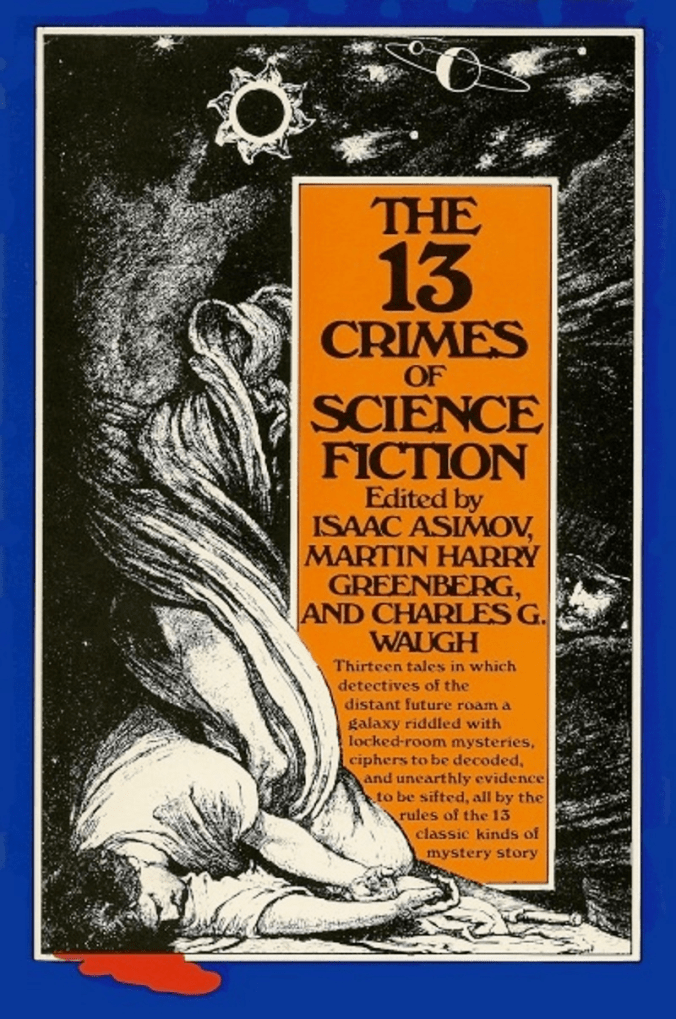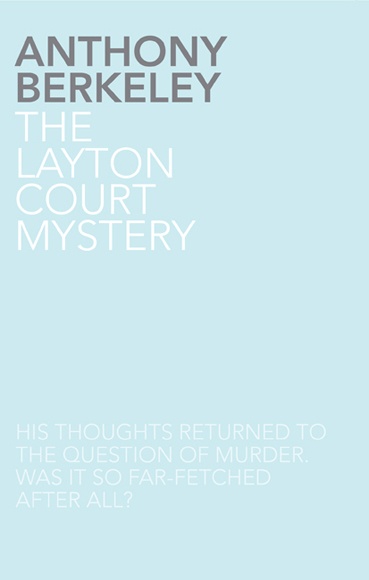![]()
![]()
![]()
![]()
![]()
The fourteenth published tale by Erle Stanley Gardner about L.A. P.I.s Bertha Coll and Donald Lam, Some Women Won’t Wait (1953) marks the halfway point of my reading all thirty titles for the blog — ‘cos, y’know, there’s that unpublished one — very nearly five years after I started. And while I won’t say that the machine is starting to bleed to death here, it’s probably the simplest Cool and Lam case put on paper to date: relying essentially on a moment of misdirection akin to a classic novel of Golden Age detection rather than the imbrication of a variety of switchbacks that have been the hallmark of the series thus far.
#1420: Adventures in Self-Publishing – ‘Body of Matter’ (2022) by Jamie Probin
Having enjoyed Jamie Probin‘s previous stabs at the impossible crime, I turn to the currently last of his stories to be made publicly available, the long short story ‘Body of Matter’ (2022).
Continue reading#1419: A Killer Six Pack – Murder Begins at Home in Double Death (1939)
Double Death (1939) — variously subtitled ‘An exercise in detection’ and ‘A murder story’ — is another example of the round-robin mystery that sells itself on a few big names and then brings in a few, er, less established authors to complete the endeavour.
Continue reading#1418: Dead Man’s Shoes (1958) by Leo Bruce
![]()
![]()
![]()
![]()
![]()
Having completed Sergeant Wm. Beef, I turn to the other series of detective novels Rupert Croft-Cooke wrote under his Leo Bruce nom de plume, those featuring schoolmaster Carolus Deene. The books are not easy to find, however, and so I am reliant on the recentish reprints by Academy Chicago Publishers, who neglected the first three in the series and began with fourth title Dead Man’s Shoes (1958). And it’s to be hoped that those earlier books were overlooked due to rights rather than quality issues, because this first encounter with the crime-solving History master leaves me somewhat underwhelmed. This was written by the convention-busting creator of Sergeant Beef? Really?
#1417: Little Fictions – The 13 Crimes of Science Fiction: ‘Coup de Grace’ (1958) by Jack Vance
A fourth story from the 13 Crimes of Science Fiction [ss] (1977) collection, as I further explore my interest in the crossover mystery. Might this be the point where this collection springs to life?
Continue reading#1416: How Weary, Stale, Flat and Unprofitable – Crime Fiction Clichés from The Mystery Writer’s Handbook (1956) ed. Herbert Brean
Being something of a fan of the mystery writer Herbert Brean, I am ever on the lookout for work by him, especially the short stories ‘Murder Buys a Ticket’, a.k.a. ‘Nine Hours Late on the Opening Run’ (1941) and ‘The Man Who Talked with Spirits’ (1943) listed in Adey. In these searches, I recently discovered that Brean acted as editor for The Mystery Writer’s Handbook (1956), in which members of the Mystery Writers of America (MWA) provided advice for people looking to write “detective, suspense, mystery, and crime stories”.
Continue reading#1415: The Layton Court Mystery (1925) by Anthony Berkeley [a.p.a. by “?”]
![]()
![]()
![]()
![]()
![]()
Well, I am thoroughly enjoying revisiting the work of Anthony Berkeley, with Not to be Taken (1938) proving decidedly more fun at second assessment, and now his debut The Layton Court Mystery (1925) upgrading itself from ‘amusing but seriously flawed’ to ‘Holy hell, this is superb!’ after a reread. Indeed, I enjoyed this so much that I’m deliberately reviewing it on a Thursday so that I don’t go over my self-imposed 1,000 word limit, because I feel like I could talk about this book for weeks, and frankly no-one needs that. So, a gathering at a country pile, complete with one host found shot in the locked library…hit me with the classics.
#1414: Little Fictions – The 13 Crimes of Science Fiction: ‘The Ceaseless Stone’ (1975) by Avram Davidson
My first two excursions into the 13 Crimes of Science Fiction [ss] (1977) anthology haven’t exactly been roaring successes. Might some actual detective work find things more to my liking?
Continue reading#1413: “You make me feel that the writing of a detective story is very complicated.” – Into Thin Air (1928) by Horatio Winslow and Leslie Quirk
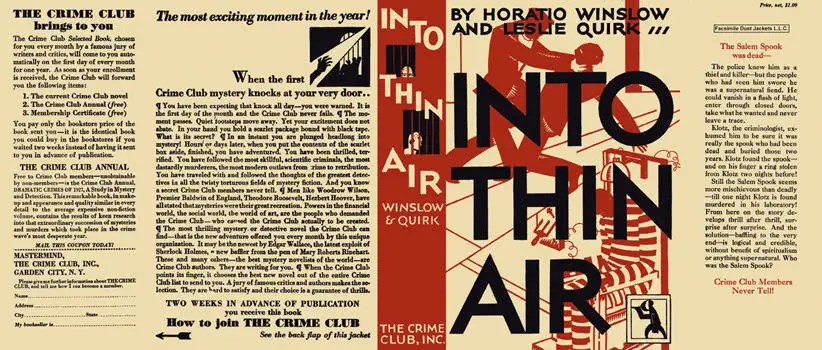
The Roland Lacourbe-curated list of 100 impossible crime novels has held quite a sway in my reading life. Hell, I got one of the titles on it reprinted purely so I could read it myself. Until John Pugmire’s death, Locked Room International did a stalwart job bringing many of the foreign-language titles into English…but still some books on the list seemed frustratingly out of reach, no more so than Into Thin Air (1928) by Horatio Winslow and Leslie Quirk.
Continue reading#1412: The Wrong Verdict (1937) by Walter S. Masterman
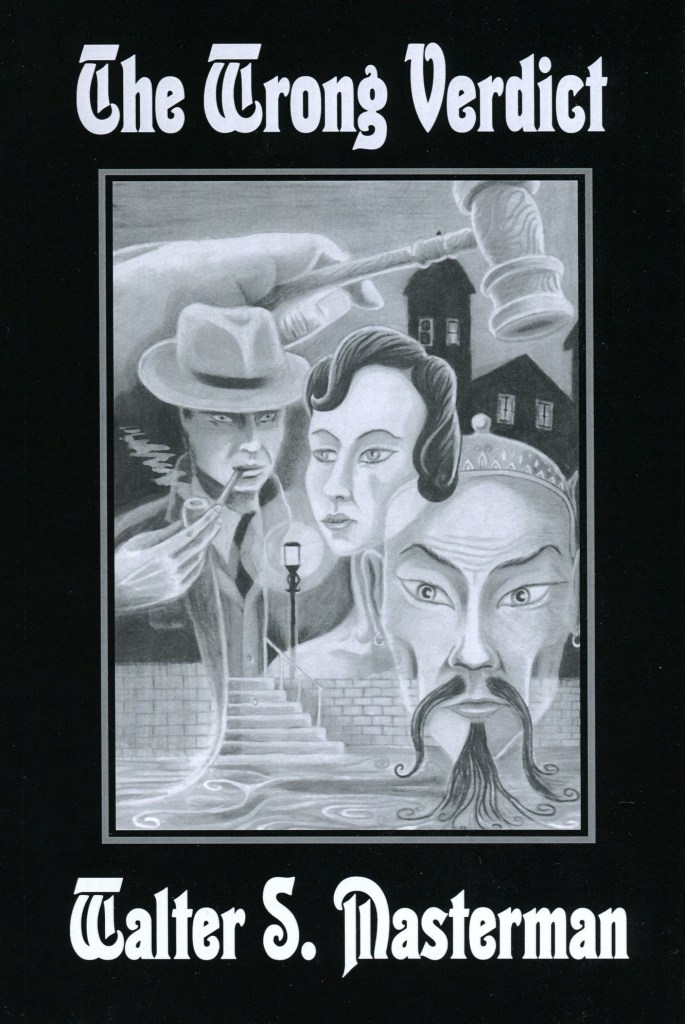
![]()
![]()
![]()
![]()
![]()
It is interesting to me that I’ve delved into the career of Walter S. Masterman somewhat contemporaneously with that of Edgar Wallace; the men were briefly literary contemporaries, of course, but they also share a looseness of structure that means you’re never sure if you’re on the verge of a masterpiece, always one sentence or clever idea from being wrong-footed…but equally you always feel one sentence away from what seems to have the seeds of genius turning out to be utter codswallop. It’s a tightrope I’m not sure either man meant to walk, no doubt genuinely trying their best with everything they wrote, but the similarity helps for some reason when, as with The Wrong Verdict (1937), all the promise collapses in a heap.
